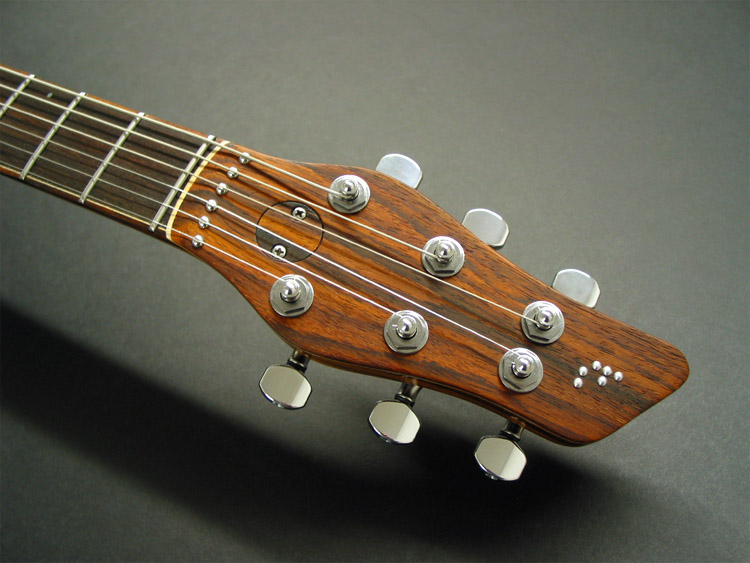The Golden Age Of Lutherie
Posted on March 19, 2022 by Scott French
We're living through what is often called The Golden Age of Lutherie. Whereas in the past luthiers and large companies tended to guard their secrets, we've seen an explosion of communication and information sharing that's raised the standard for modern instrument building. There are so many quality instruments being offered by so many great builders (both large and small) that the options are really overwhelming. Beyond all the familiar big names and the many popular smaller builders, the quality of instruments coming out of the East has been on the rise for the past 30 years as well. We're at a point now where you can basically name your price and still end up with multiple quality options for almost any kind of stringed instrument. The high-end of the market is still as amazing as ever, but the quality of instruments in the mid and bottom tiers are now much better.
Knowing the tools necessary for making music are so abundant had me questioning my place in the guitar world from the start.
This glut of quality factory instruments, and the cornucopia of quality custom instruments (boutique/handmade/whatever), has been the reality my entire guitar building career. Knowing the tools necessary for making music are so abundant had me questioning my place in the guitar world from the start. The time and money required to build something special means only certain people will see the value, and an even smaller subset will make the choice to spend more for these instruments. I know I am not alone as this is a topic I often discuss with other builders. After all, having your instruments played on stage, or more importantly for me, to be used in the creation of vibrant music is a goal most strive for.
This sets the stage for the many contradictions to be faced when considering what to build and why.
- The challenge of making something attainable enough that an interesting young player might be able to pick it up and be inspired, while at the same time competing with import instruments that can be very nice but are massively subsidized by undervalued labor.
- The desire to want to make something so unique and amazing that it will totally stand out from the crowd. Only the best materials, only the most amazing electronics and hardware, only the most labor intensive processes, and only affordable to the most affluent collectors.
- The hope that building custom instruments with players directly will help bridge the gap between something affordable and something amazing for one person, only to find that really knowing what you want in a custom instrument is very complex. That being able to communicate that vision can also be very difficult. Then as a builder being able to decipher that communication and actually hit the mark is a challenge as well. There's a reason all the common guitar models and archetypes are so popular... they're commodities. You know what to expect and their rough value on the market. The same can't be said for totally custom instruments.
So you can see I've struggled trying to figure out where to focus and spent lots of time trying to fill all of these potential roles as a builder. In the end nothing really worked out in a way I was totally happy with. One thing I knew for sure coming out of lutherie school was that I wanted to be building guitars, not repairing them. When a builder is first getting started I think doing setups, repairs and upgrades as a tech is probably the best way to support yourself with lutherie (and build your skills), but I've always been able to make better money doing software development which was my first passion. So after hitting these walls a few times I finally decided to just go back to building software and return to guitar building later.
This one kind of ends on a down note, eh? Don't worry, the next one brings things back up again. Asking the question of where I fit into the guitar building world over and over again in different ways helped me slowly answer the question. I'll discuss that process a bit in the next entry: Reconnecting With Inspiration
Thanks for reading this journal entry! Feel free to reach out via email or join the discussion on Instagram.


